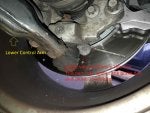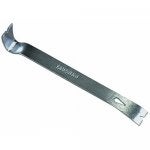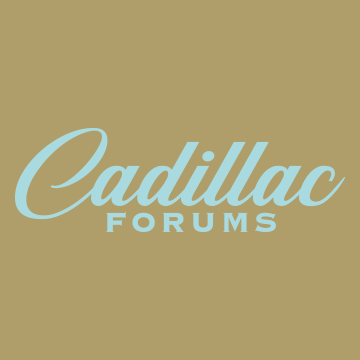I had a rumbling sound from the drivers side so I replaced the wheel bearing with a new ACDelco bearing. It started squeaking. I thought it might be the brakes and it turned out my brakes were bad. So I replaced the brakes, calipers, and brake hoses.
The squeak from the new wheel bearing continued at low speeds or when turning left/right a low speeds too.
I checked the dust shield and I moved it even further away with a screw driver. These are sealed bearings and they come per-greased and ready to go.
Axle nut was torqued to spec which is 159 lb-ft but my torque wrench only goes up to 150lb-ft so that what I left it at.
What could be some possible causes of a new wheel bearing to squeak?
*I've driven about 200miles or so with the new bearing and new brakes.
The squeak from the new wheel bearing continued at low speeds or when turning left/right a low speeds too.
I checked the dust shield and I moved it even further away with a screw driver. These are sealed bearings and they come per-greased and ready to go.
Axle nut was torqued to spec which is 159 lb-ft but my torque wrench only goes up to 150lb-ft so that what I left it at.
What could be some possible causes of a new wheel bearing to squeak?
*I've driven about 200miles or so with the new bearing and new brakes.









